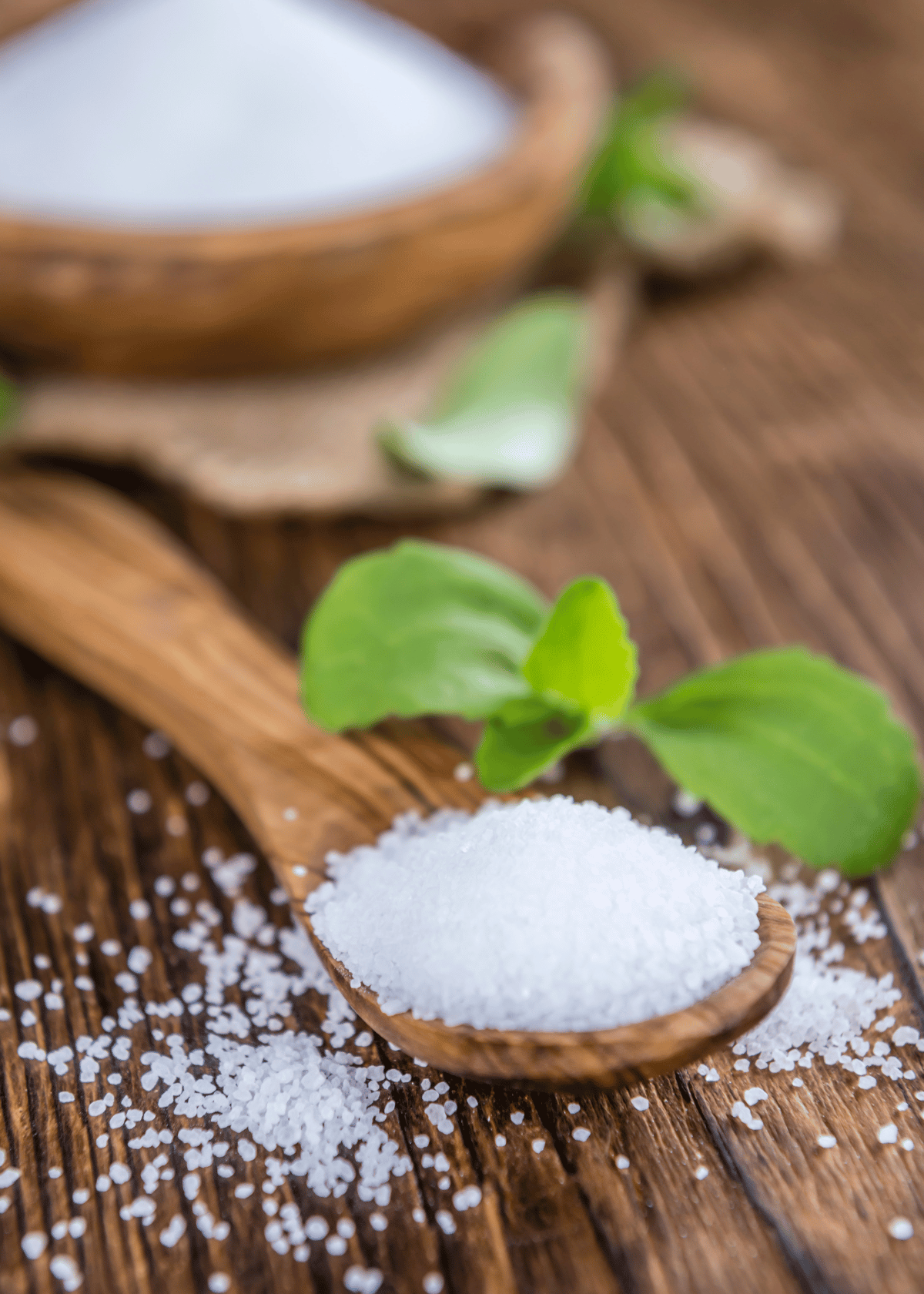Rose tea is a fragrant and delicious beverage with many health benefits. It is made from petals of the rose plant, which are known for their antioxidant properties and can help to boost your immune system. From aiding digestion to providing stress relief, there are many surprising benefits of drinking rose tea. Let’s take a look at some of the top reasons why you should add this herbal tea to your daily routine.
1. Improve Digestion:
Consuming rose tea can help to improve digestion and reduce bloating. The antioxidants in the tea may help to reduce inflammation in the digestive tract and soothe any discomfort caused by indigestion or irritable bowel syndrome (IBS). Regular consumption of rose tea can also help to increase appetite and aid in weight loss efforts.
2. Reduce Stress:
Studies have shown that rose tea has calming effects on the body and can help to reduce stress levels. This is due to the presence of flavonoids, which are natural compounds that act as antioxidants in the body, promoting relaxation and reducing anxiety levels.
3. Boost Immunity:
The antioxidants present in rose petals can help to strengthen the body’s immunity against disease-causing agents such as bacteria and viruses, thus helping to prevent illnesses. Furthermore, these compounds may also be beneficial for those suffering from chronic conditions like asthma or allergies as they reduce inflammation throughout the body.
4. Improve Skin Health:
Rose petals contain high levels of vitamin C, which helps promote healthy skin cell growth and regeneration. This makes it an ideal ingredient for treating acne breakouts, minimizing wrinkles, and improving overall complexion by providing nourishment from within. Additionally, its anti-inflammatory properties can reduce redness caused by irritation or skin sensitivity reactions such as eczema or psoriasis flare-ups.
5. Promote Heart Health:
Rose tea contains polyphenols which are known for their cardiovascular benefits; they not only lower cholesterol levels but also reduce blood pressure levels, thus helping improve heart health overall. Additionally, its antioxidants may also protect against oxidative damage that is caused by free radicals present in our bodies due to environmental toxins or poor dietary habits which can contribute towards cardiovascular diseases like atherosclerosis or coronary artery disease (CAD).
6. Enhance Cognitive Functioning:
The high levels of vitamin C found in rose petals may improve brain function by increasing alertness and focus while reducing mental fatigue associated with cognitive tasks such as studying or working long hours at a desk job. Furthermore, its anti-inflammatory properties may even aid those suffering from neurological disorders like Alzheimer’s disease by decreasing inflammation around neurons responsible for memory formation and recall abilities within the brain itself!
7. Aid In Weight Loss:
As mentioned earlier consuming rose tea helps improve digestion thus aiding weight loss efforts; however it also includes diuretic properties that allow for increased urination which leads to reduced water retention thereby helping individuals shed extra pounds quickly!
Increase Energy Levels:
Finally if you’re feeling tired after a long day then drinking some rose tea might just be what you need! Its high vitamin B content helps increase energy production while simultaneously increasing metabolic rate - both essential components necessary when trying to lose weight effectively without putting too much strain on your body!
Rose Tea FAQs
How do you brew rose tea?
Brewing rose tea is easy. Simply add 1-2 teaspoons of dried rose petals or powdered rose petals to a cup of hot water, and steep for 3-5 minutes. You can also sweeten with honey if desired.
How often should you drink rose tea?
Rose tea can be consumed as frequently as desired, but it is recommended to drink it 2-3 times a week.
Is rose petal tea caffeine free?
Yes, rose petal tea is caffeine free. However, most commercially available rose petal teas are blended with green tea leaves, and therefore will contain caffeine. If you're looking for a caffeine-free option, it's best to purchase an organic or all-natural rose petal tea that is pure and unblended.
How is rose tea made?
Rose tea is made from the fresh rose petals. The petals are dried and then either used fresh or ground to a powder. The tea can be made by infusion or decoction.
The fresh petals are used to make a light infusion with a delicate flavor. For a stronger flavor, the petals can be ground into a powder and used to make a decoction. Rose hip tea is also made from the hips of roses and has a tart flavor.
Where does rose tea originate from?
Rose tea is a type of tea that is made from the rose petals and rose hips of rose flowers. It has a sweet, floral flavor and is often used as a herbal remedy. Rose tea is thought to help improve circulation, digestion, and skin health. It is also high in antioxidants and can help fight inflammation.
Rose tea originated in traditional Chinese medicine, where it was used to treat a variety of ailments. It has since become popular all over the world for its delicious flavor and health benefits.
Conclusion:
With so many amazing benefits of drinking rose tea it's easy to see why this herbal beverage has become increasingly popular over the years! Not only does it taste great but it also provides numerous health benefits ranging from improved digestion all way up boosting immunity levels! Whether you’re looking for an energy boost during a long work day or simply trying out something new - don't forget about this delightful brew next time you're out shopping for herbal teas!







